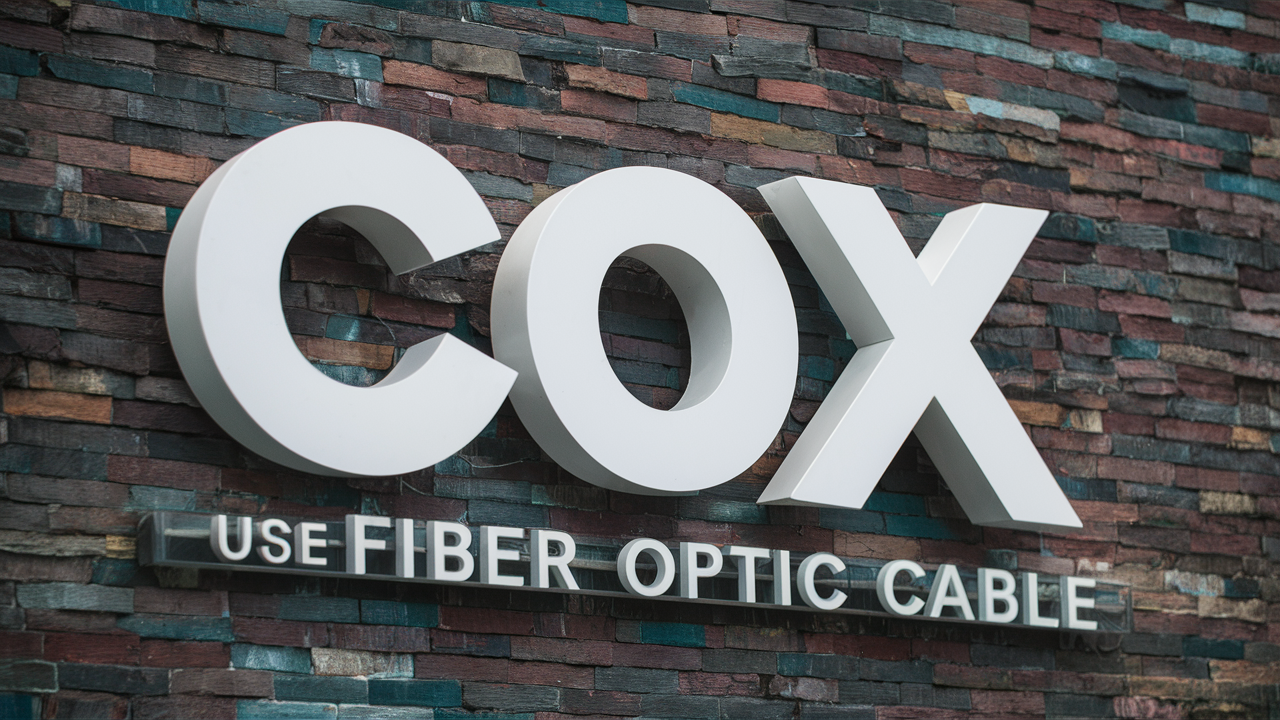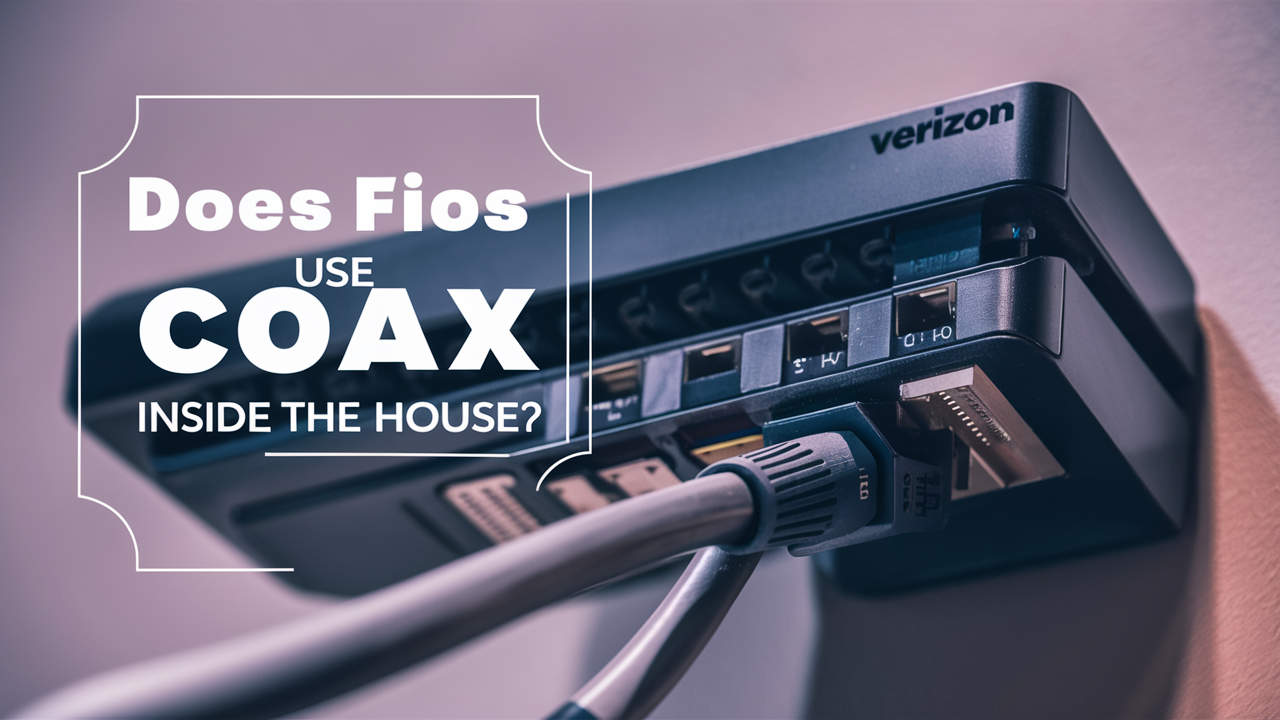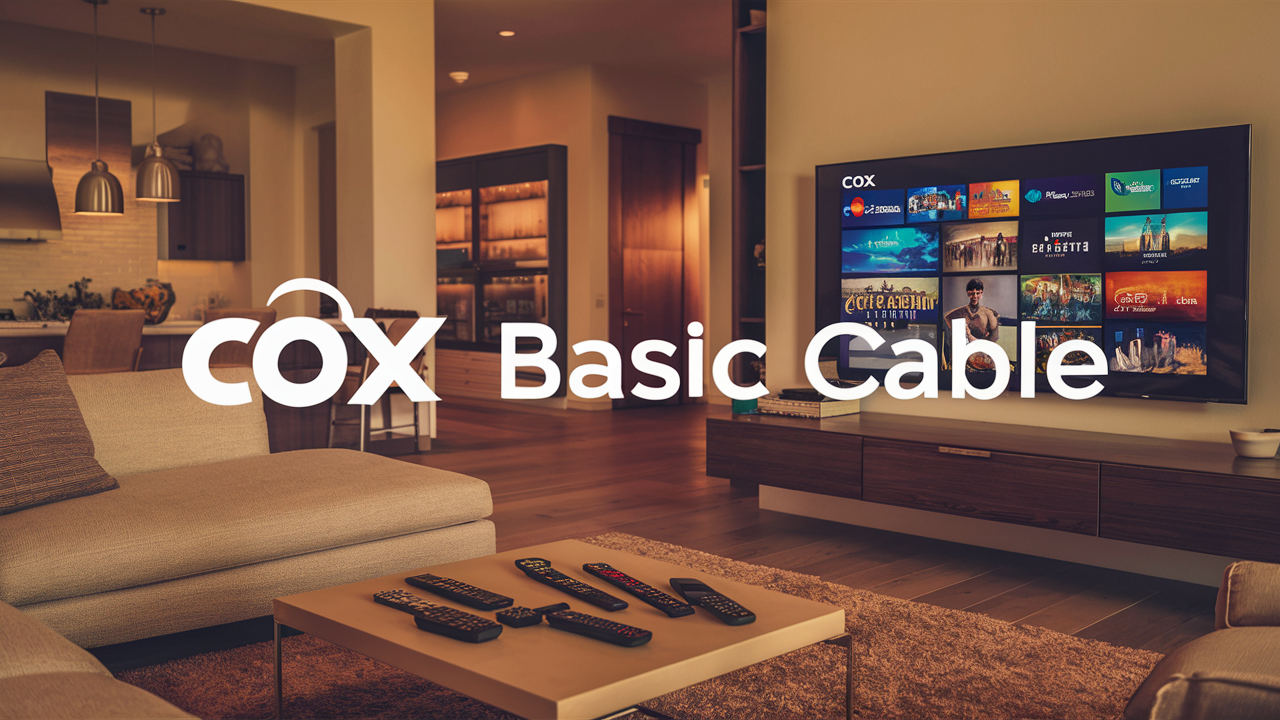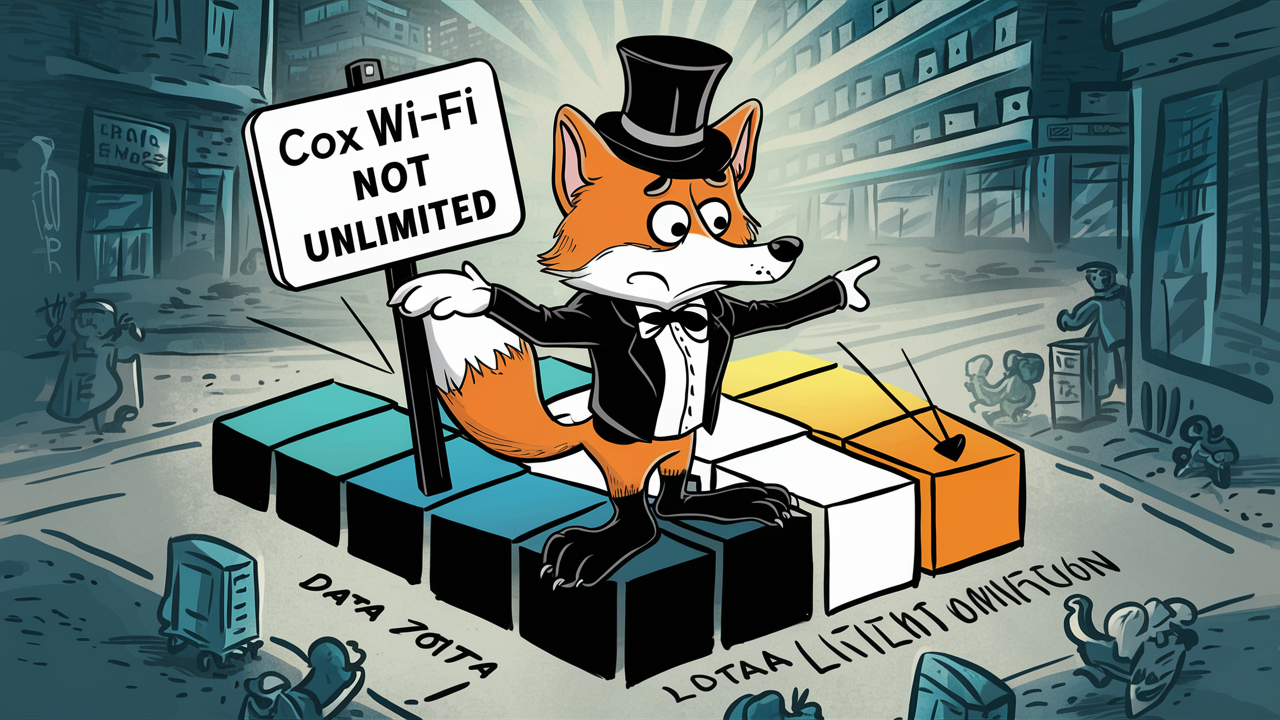Does Cox use Fiber-Optic Cable?

Cox Communications is an American cable and telecommunication company that supplies television, telephone, and Internet services to millions of people in 18 states. Now, has Cox deployed fiber-optic cable in its network architecture? To answer the question, yes Cox does use fiber-optic cables in its network but its usage varies largely depending on the region.
What is a Fiber-Optic Cable?
But first, let me explain what fiber-optic cable is and why it makes a good medium for broadband networks that Cox uses. Fiber-optic cable involves the use of strands of either glass or plastic, which works by transferring data through pulses of light rather than through electrical signals. This enabled fiber cables to transfer data at much higher capacities than copper coaxial cables that are used in most of the older cable television systems.
Fiber has two major advantages:
1. Greater Transmission Haul – Fiber optic capabilities are measured in terabits per second and these are significantly higher compared to copper transmission capabilities. Due to their capacity to provide a higher bandwidth, the current networks provide faster internet speeds and improved video quality.
2. Less attenuation- Fiber optics lose their signals and quality over distances than copper cables because they require fewer repeaters to amplify signals. The light signals that operate over fiber can run several tens of miles before having to be regenerated using a repeater.
Providers have over the last three decades paid a lot of emphasis to fiber investments to harness the above benefits to satisfy growing customer demand for high-speed, and high-bandwidth services.
Cox's National Fiber Backbone
But here is where I ask myself – How does Cox use fiber in its hybrid fiber-coaxial network? It begins with Cox’s national fiber optic that links the regional network infrastructure in the Cox network across the country. This high-capacity fiber backbone is used for moving huge amounts of customer data between Cox’s regional network and the most significant interconnection points with other networks.
In every region, Cox runs thousands of fiber miles to the headends, central locations, and nodes that make up Cox’s distribution network. This strong long-haul fiber transport is utilized to deliver high-bandwidth services to neighborhoods.
The Final Connection: Fiber to the Node is an upgrade to the traditional fiber to the premises (FTTP) which is a fiber-optic communication delivery method where the fiber is brought to the customer’s building or residence.
Cox Communication relies on fiber optics in its networks and the main implementation is through what is known as Fiber to the Node (FTTN). In this hybrid fiber-coaxial plan Cox gets fiber optic lines as close to the customer premises as is practically possible, to an outside enclosure known as a node, which is usually situated in a locality.
At this fiber node, the light signals carrying data are converted to radio frequency electrical signals and the signals traversed through shorter more familiar coaxial cable lines on the utility poles or conduits to each home. So fiber does the “heavy lifting” transport job while reliable and comparatively inexpensively coaxial links, the short reach from multi-dwelling unit to the individual premise.
Advantages of FTTN:
This strategic placement of fiber nodes closer to customer locations provides major performance and speed advantages:
- More Bandwidths – Fiber is within a distance of a fraction of a mile from homes instead of being miles away at the central office, and it is possible to get Gigabit broadband speeds over the coaxial cable connection.
- Increased Bandwidth – this means providing fiber closer to the customers so that there is adequate bandwidth as demanded in the neighborhood for activities such as streaming, playing games online, and video-conferencing among others.
- Increased Dependability – Even when there is a problem with the wiring either through physical harm or technical failure, harm is relatively confined to a small area that extends from a fiber node rather than the entire central office. This enables Cox to fix or recover services at a much faster pace.
Where telecommunication carriers plan for more fiber investments
Cox has been rather public about its aggressive fiber optic deployment roadmap for the subsequent years across the country. To only 2022 and 2023, the company anticipates investing more than $2 billion in its networks, of which fiber constitutes a significant portion.
Future growths will enhance current fiber counts in Cox while at the same time allowing rollouts to progress more urgently in taking fiber even further into regions and within proximity with households. Cox is also testing FTTH solutions that offer 100% fiber connection directly to end users’ premises in some markets.
While full FTTH can be slightly cheaper than coax, the implementation of full FTTH is typically considerably more expensive than Cox. Nevertheless, it can offer the ability to upgrade to meet any need or application in the decades ahead – including symmetrical multi-gig speed which can support the upload of user-generated content as quickly as users download streaming movies.
The Coming Gigabit World
Cox‘s even more tightly focused network reflects the upward industry trend toward recognizing that attaining next-generation gigabit connection speed heavily relies on fiber growth. Although cable will remain an important enabler in delivering the ‘last mile’ of connectivity, fiber backbones, and fiber-deep solutions are essential for exploiting the potential that fiber can offer.
By relying on fiber optics to such an extent and by setting quite a pace towards using fiber further across the country’s networks, Cox keeps proving as an advanced company in terms of customers’ future requirements. It plans to offer a continuous connectivity experience as its clients’ utilization scenarios require higher and higher speed and further development of an AI-enabled, cloud-oriented, high-performance computing-reliant environment. To provide a glimpse of a shiny and happy Gigabit future, it is all about full fiber!
Ready to upgrade your internet experience? Call us now at +1 844-349-7575 to explore the best Cox Internet plans for your needs!





